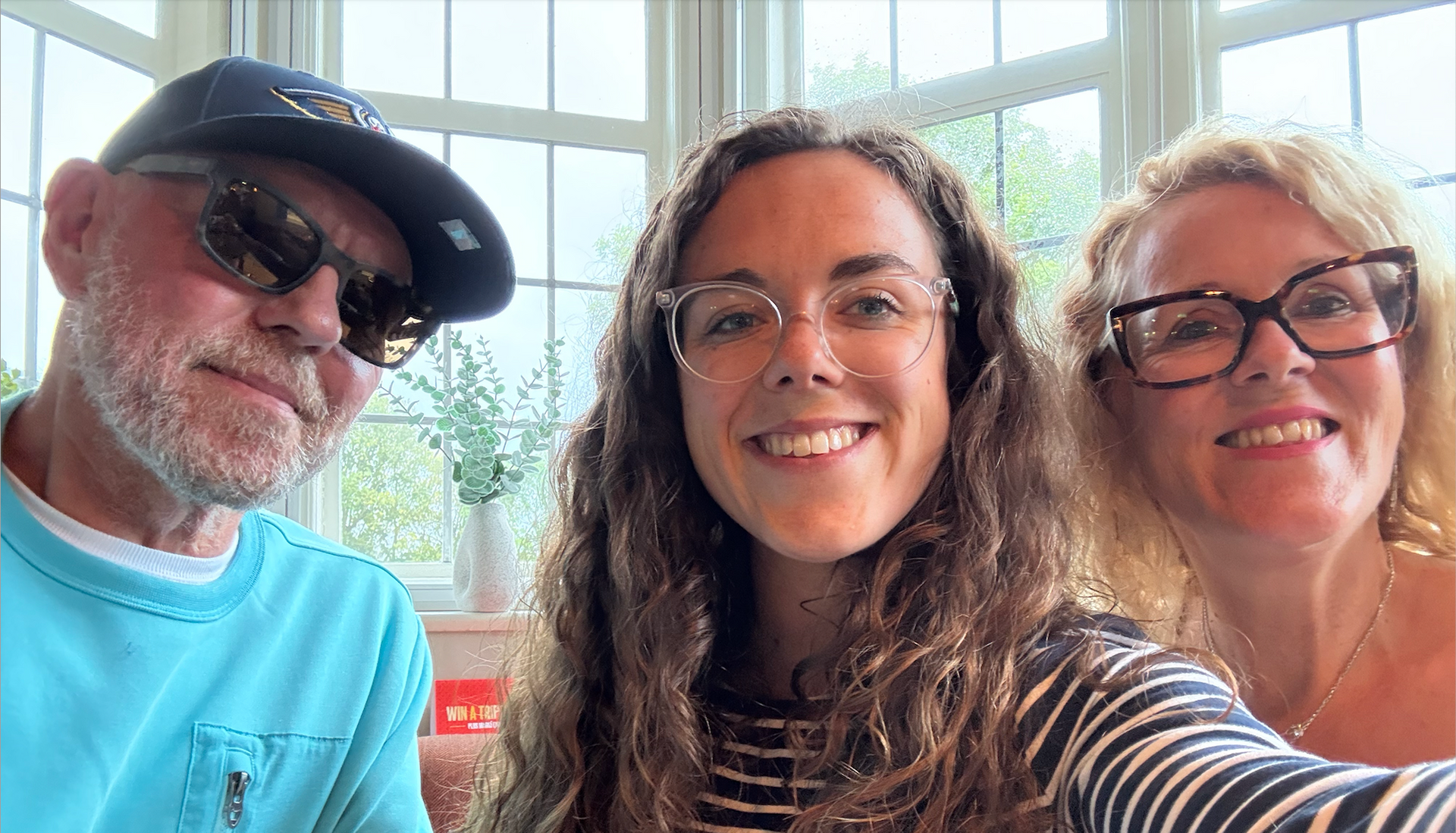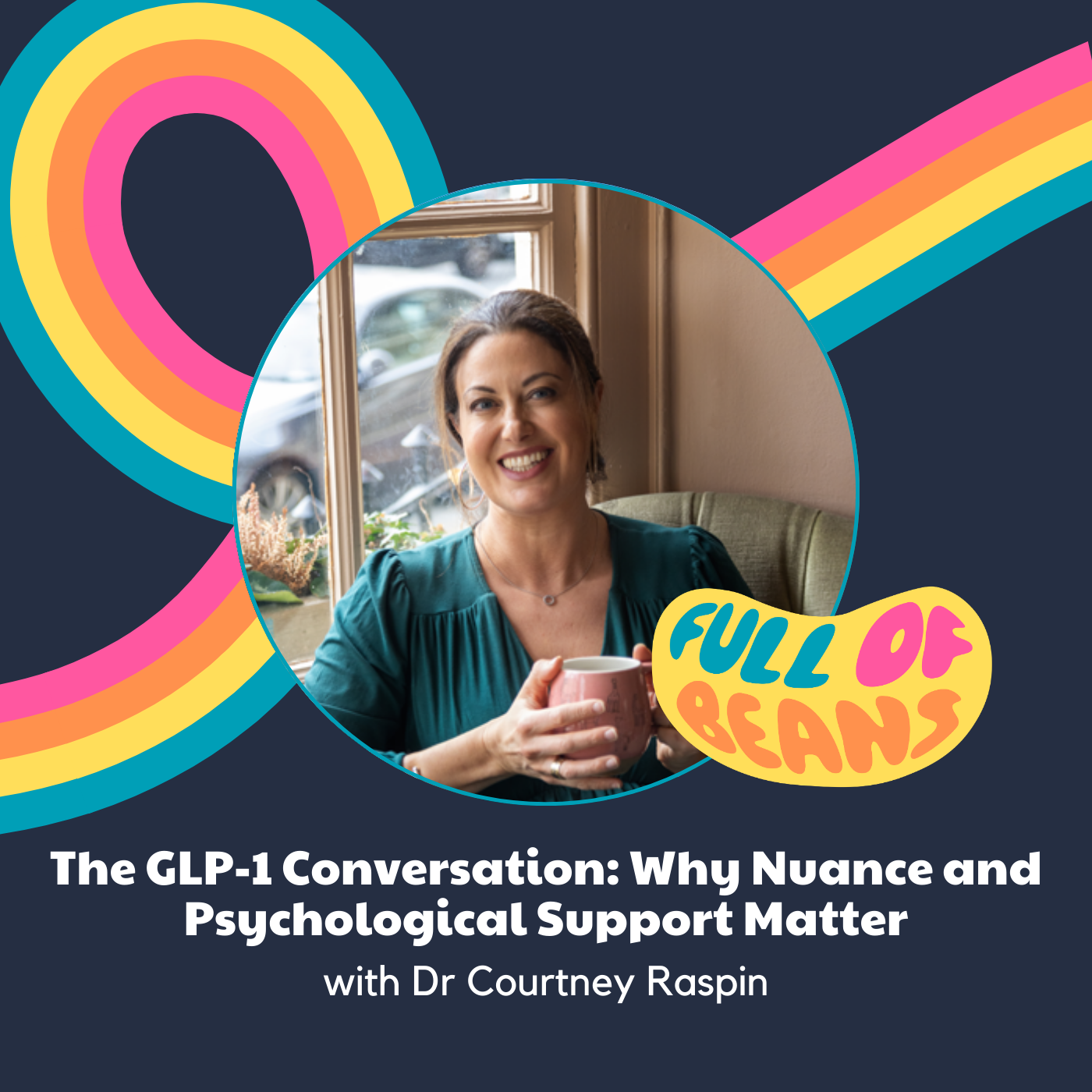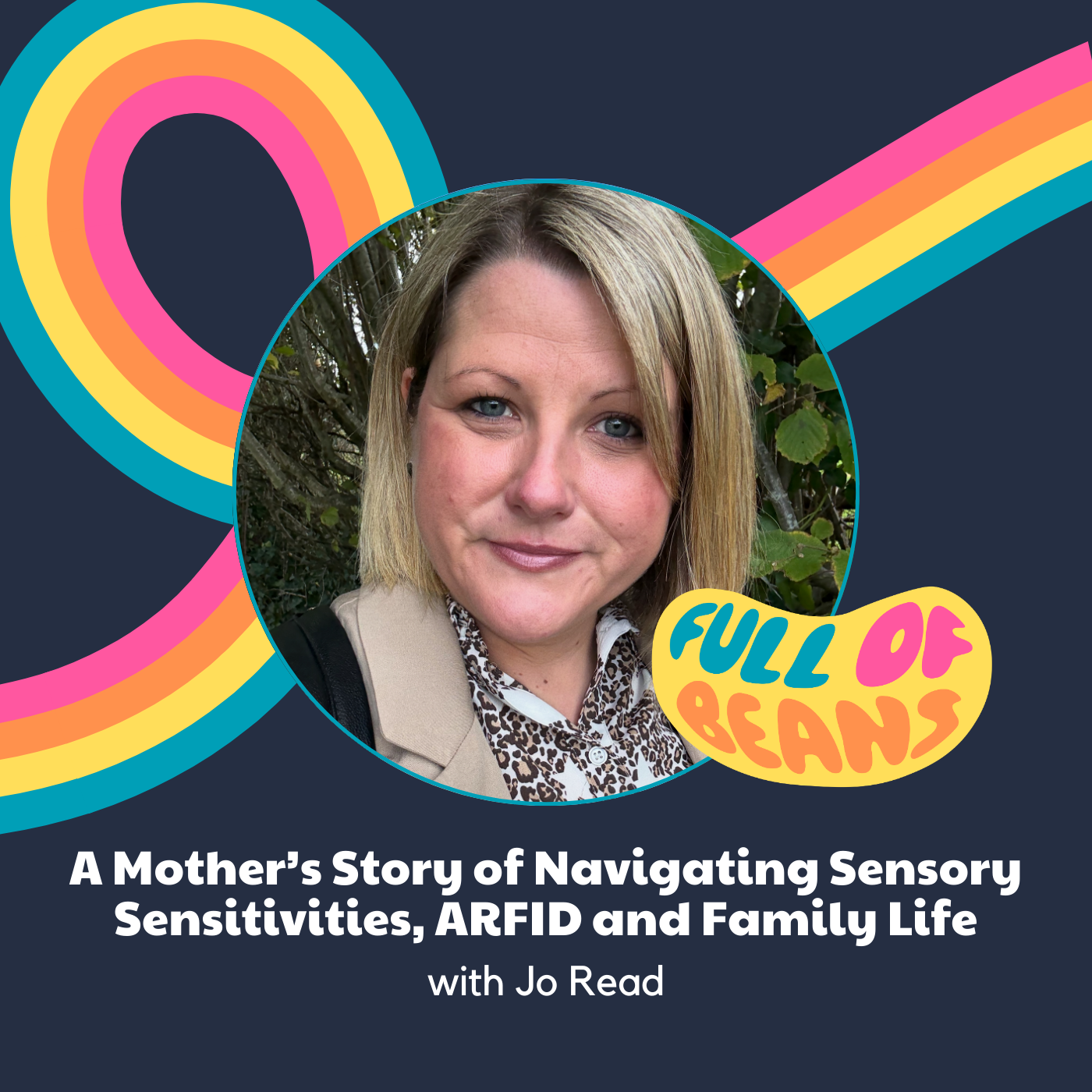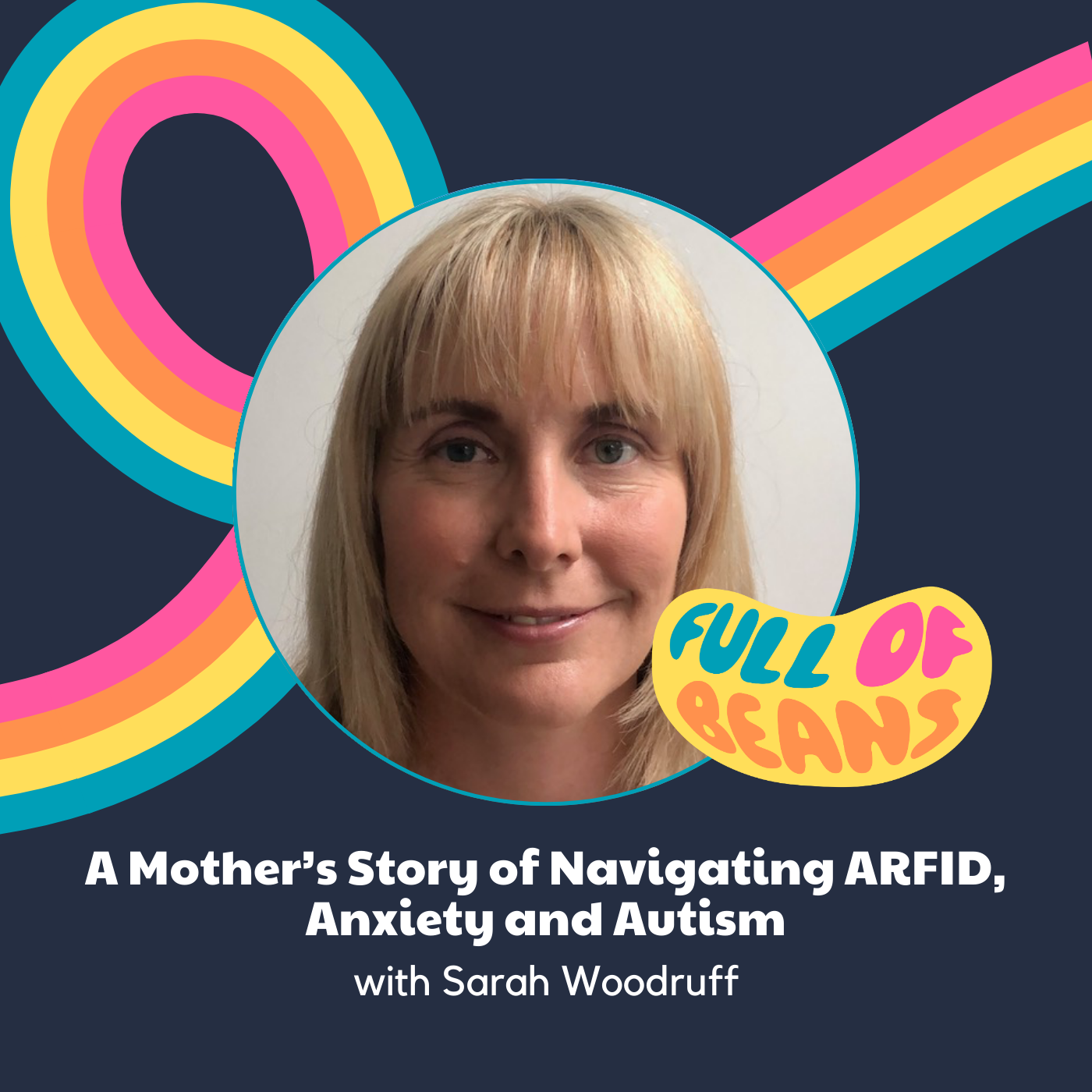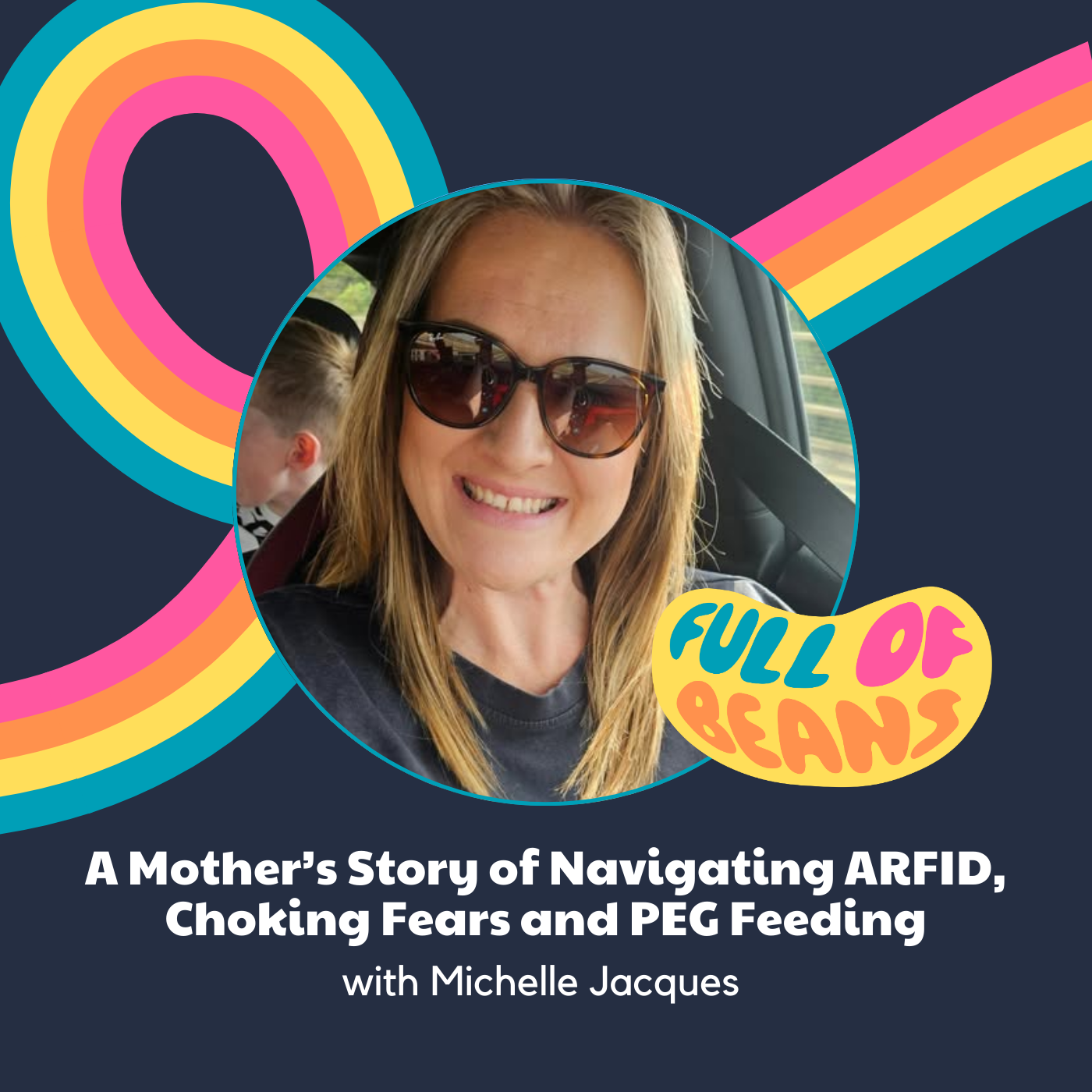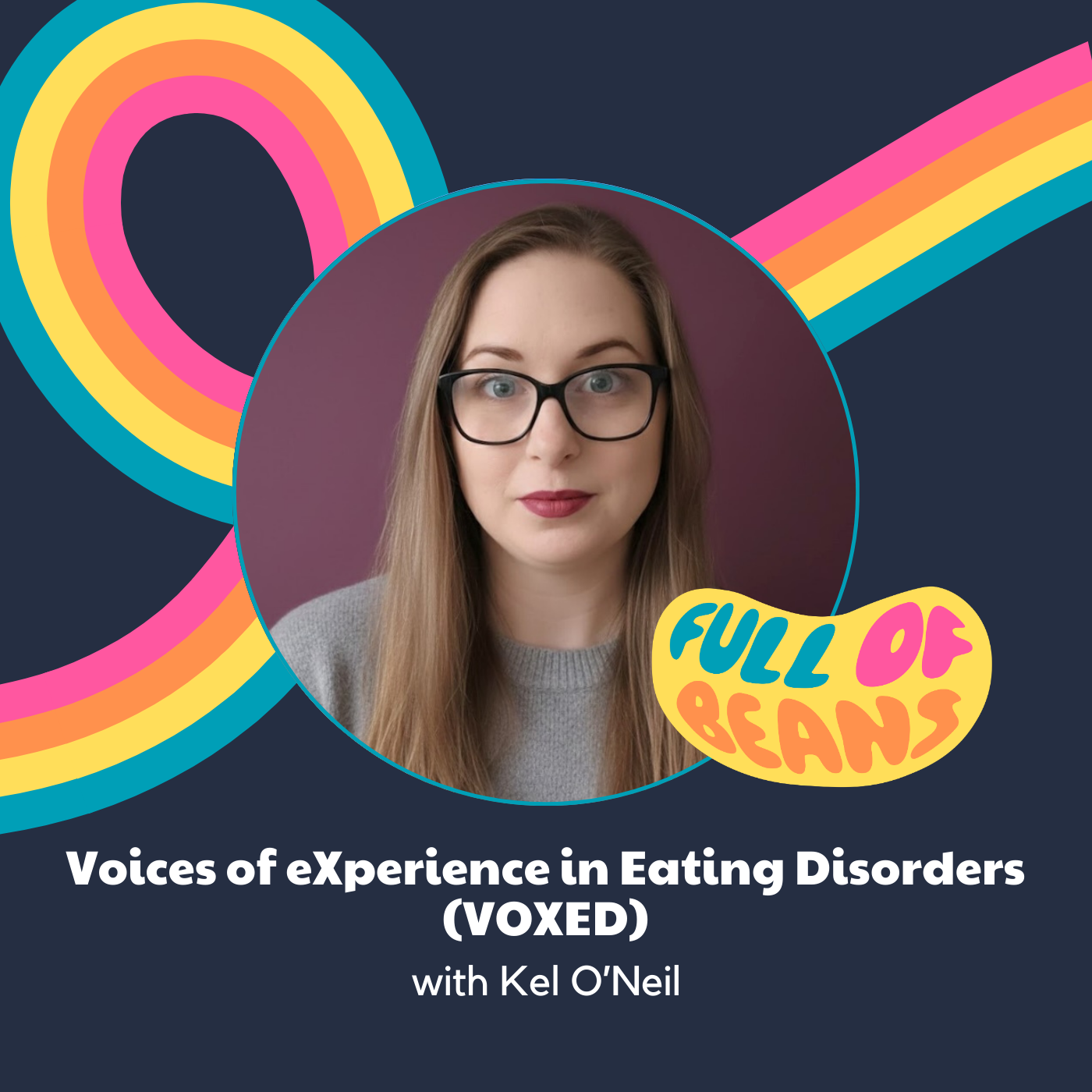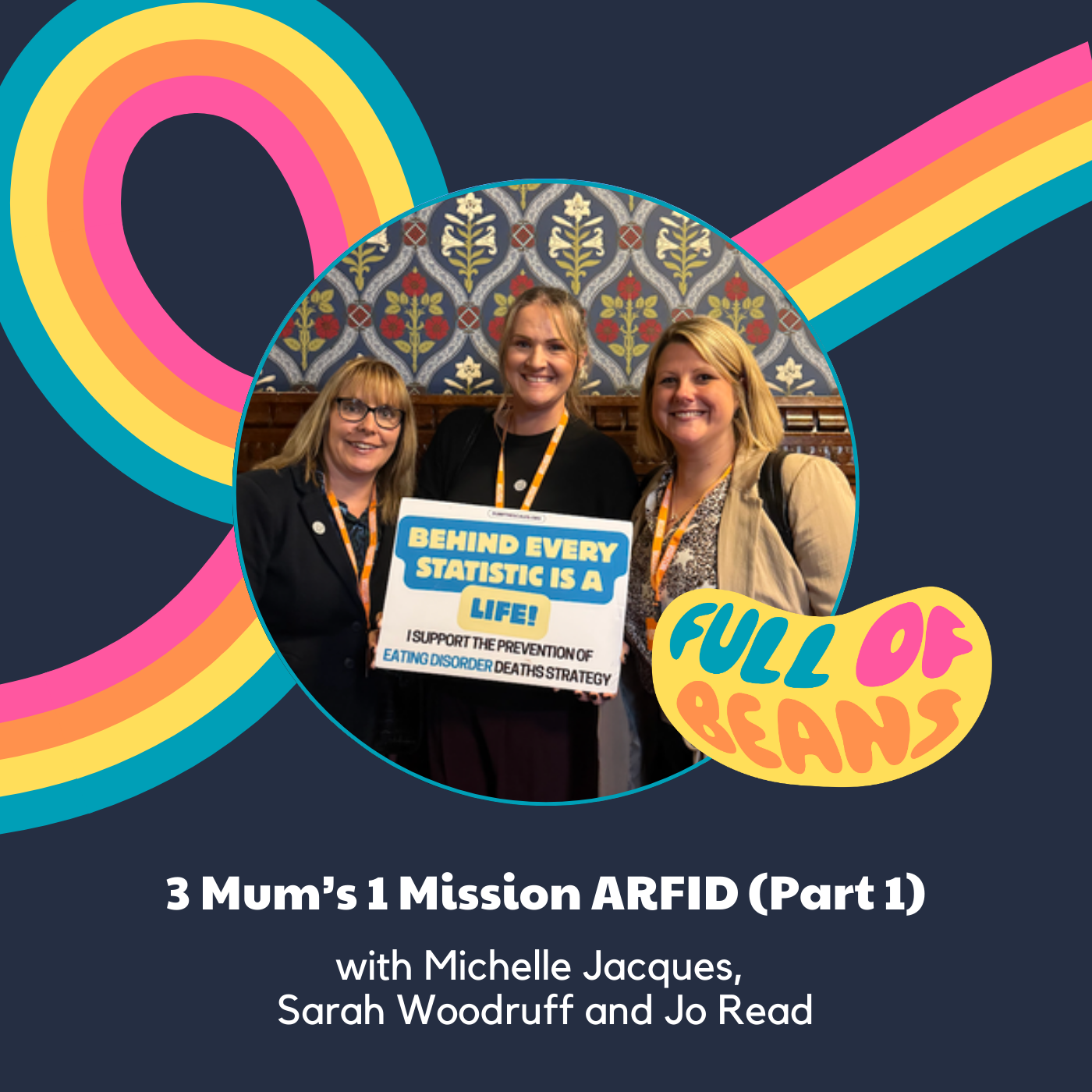Supporting the Supporter with Harriet Parsons
Eating disorders affect more than the individual,
they impact the whole family.
When someone is living with an eating disorder, their entire ecosystem feels it. Parents. Partners. Friends. Siblings. The people around them often become deeply invested in their wellbeing, and, often, emotionally overwhelmed.
So why do we still assume carers will just “figure it out”?
Many services are built around the individual, and while that’s important, it’s only half the story. In reality, supporting the supporter is just as vital as supporting the person in recovery.
Why carer support matters
Eating disorders don’t exist in a vacuum. They affect the dynamics of households, friendships, and relationships. Many carers experience:
- Chronic stress and emotional exhaustion
- Confusion around what “help” actually looks like
- Fear of doing or saying the “wrong” thing
- Guilt when things don’t improve
- A lack of guidance or training from services
Without support, carers may feel helpless, isolated, and left out of the recovery process entirely.
But when they’re supported? Carers become empowered collaborators, capable of holding space, reinforcing recovery behaviours, and nurturing hope.
There’s no such thing as a "perfect carer"
One of the most common myths is that you need to get everything “right.” Say the perfect thing. Avoid triggering topics. Never get frustrated or tired.
The truth? Perfection isn’t possible, and it’s not the point.
What makes the biggest difference is showing up consistently. Being emotionally present. Listening without judgement. And having the tools to emotionally regulate yourself, especially when the person you care about can’t.
What supportive services can offer carers
Thankfully, more organisations are now recognising that carers deserve help too. Evidence-based carer support can include:
- Psychoeducation: Workshops and programmes that teach carers about eating disorders, emotional regulation, and how to support recovery without reinforcing harmful behaviours.
- Carer skill training: Models like The New Maudsley Method equip carers with practical tools, including how to manage mealtimes, respond to distress, and regulate their own emotions.
- Peer support groups: Connecting with others in similar situations can reduce isolation and create a safe space for honesty, venting, and shared learning.
- Structured programmes: Programmes like Pillar (run by BodyWhys in Ireland) provide a multi-session, structured approach to carer support, helping people understand both the disorder and their role in recovery.
What professionals need to remember
- Carers are doing their best. They’re often navigating fear, burnout, and confusion.
- Support doesn’t mean taking over. It means giving carers the tools to respond helpfully, not perfectly.
- Inclusion matters. When carers are welcomed into the recovery process — not as obstacles but as partners — everyone benefits.
A reminder for anyone supporting a loved one
If you’re reading this and you’re supporting someone with an eating disorder:
- You’re allowed to feel exhausted
- You’re doing more than you think
- You deserve support, too
- You don't have to have the answers
- You're allowed to be scared and worried, but recovery is possible
Recovery isn’t linear. There will be moments of hope, and moments that feel impossibly hard. But you are not alone, and you don’t have to carry the weight of it without help.
Want to learn more?
You can listen to our latest episode with Harriet on the Full of Beans podcast.
Sign up for our mailing list to keep updated with the podcast here.
Sending positive beans your way,
Han 💛

